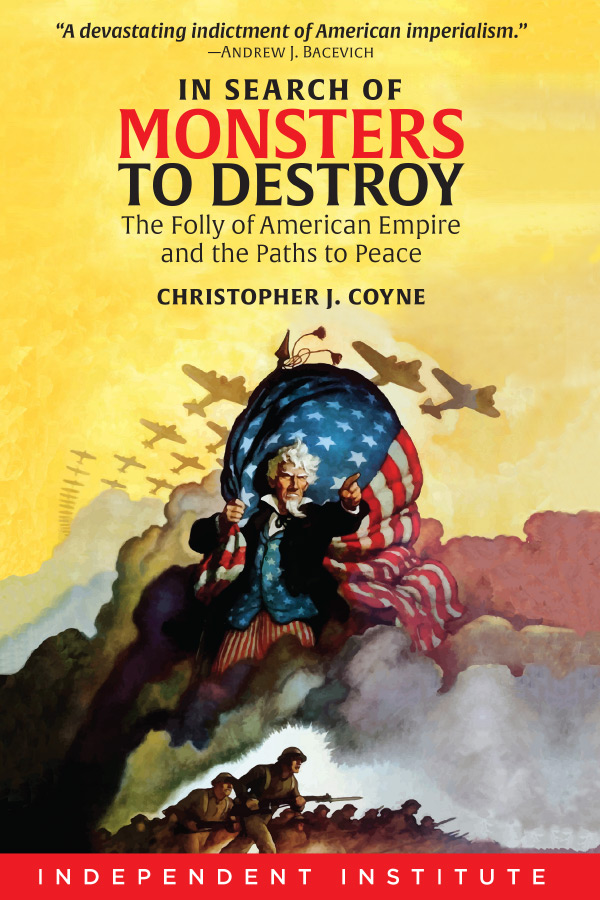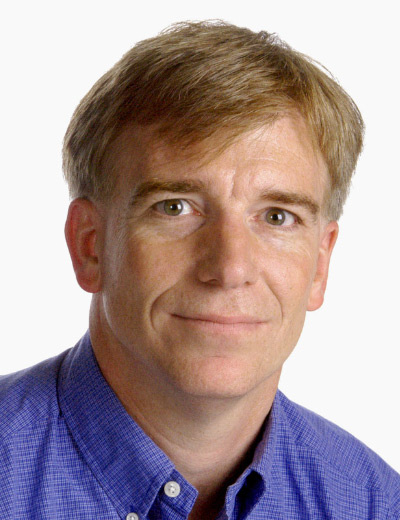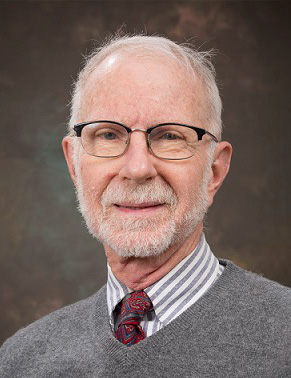Center on Peace & Liberty
National security is a major challenge for any modern state aiming to provide for its own defense. The challenge is immensely greater, however, for a society that cherishes its freedoms. The reason, as James Madison explained in 1795, is that issues of war and peace have major implications for liberty on the home front.
Madison’s concerns are no less relevant today. Nearly two decades after the terrorist attacks of September 11, 2001, Americans are still paying in blood and treasure for the “Global War on Terror,” and domestic freedoms are still compromised by government surveillance and various “temporary” national security measures.
Other nations have also sacrificed much wealth, lives and liberty in the hope of making life and property more secure from hostile states and non-state actors.
The Independent Institute’s Center on Peace & Liberty was created in the wake of 9/11 to research and communicate the relationship between national security and freedom at home—and to shape policies that promote lasting peace and security while safeguarding traditional American values such as civil and economic liberties, privacy, freedom of opportunity, limited government, and the rule of law. The Center’s guiding principles reflect Independent’s overall mission of boldly advancing peaceful, prosperous, and free societies grounded in a commitment to human worth and dignity.
Through numerous books and other publications, events, and media projects, the Center on Peace & Liberty has addressed scores of topical and enduring U.S. defense and foreign policy issues, including the following:
- The relationship between U.S. wars and the growth of government (especially executive power) and restrictions of liberties at home;
- Government surveillance and suspensions of legal due process stemming from U.S. foreign policies;
- The role of interventionist foreign policies in fomenting international terrorism;
- How—and how not—to respond to terrorist attacks;
- The basic military requirements for pursuing a grand strategy of “peaceful trade with all, entangling alliances with none”;
- The domestic causes of war and reforms that could lead to a better chance of peace;
- The relationship between private defense contractors, military policymaking, and war;
- The history of U.S. foreign policy, including the ideological conflicts between interventionism and non-interventionism;
- “Access to oil” as a misinformed basis for U.S. policy in the Middle East;
- The decline of government accountability, the rise of presidential power, and the “ideological drift” away from limited government in response to national crises;
- The abdication of congressional war, budget, and treaty powers that allows unilateral executive wars and foreign policy;
- The militarization of domestic law enforcement and society more broadly;
- Peaceful secession and partitioning as policy options for reducing internal strife in conflict zones;
- The role of free trade and market-based economies in promoting international harmony;
- Strategies for improving national security and domestic liberty that strengthen civil society.
Center on Peace & Liberty News Releases
About the Independent Institute Centers
Each center is tasked with assessing, refining, and proposing innovative solutions to pressing social and economic challenges. Our programs focus on three core components: rigorous scholarly research, insightful publications, and the strategic dissemination of findings to opinion leaders and the public through conferences and media initiatives.
By fostering evidence-based solutions, our centers encourage informed discussions that can be scrutinized not just by experts, but also by media influencers, business leaders, religious organizations, engaged citizens, and policymakers. Our goal is to promote rational, objective dialogue that sheds light on key issues and shifts public discourse away from interest-group politics.



























